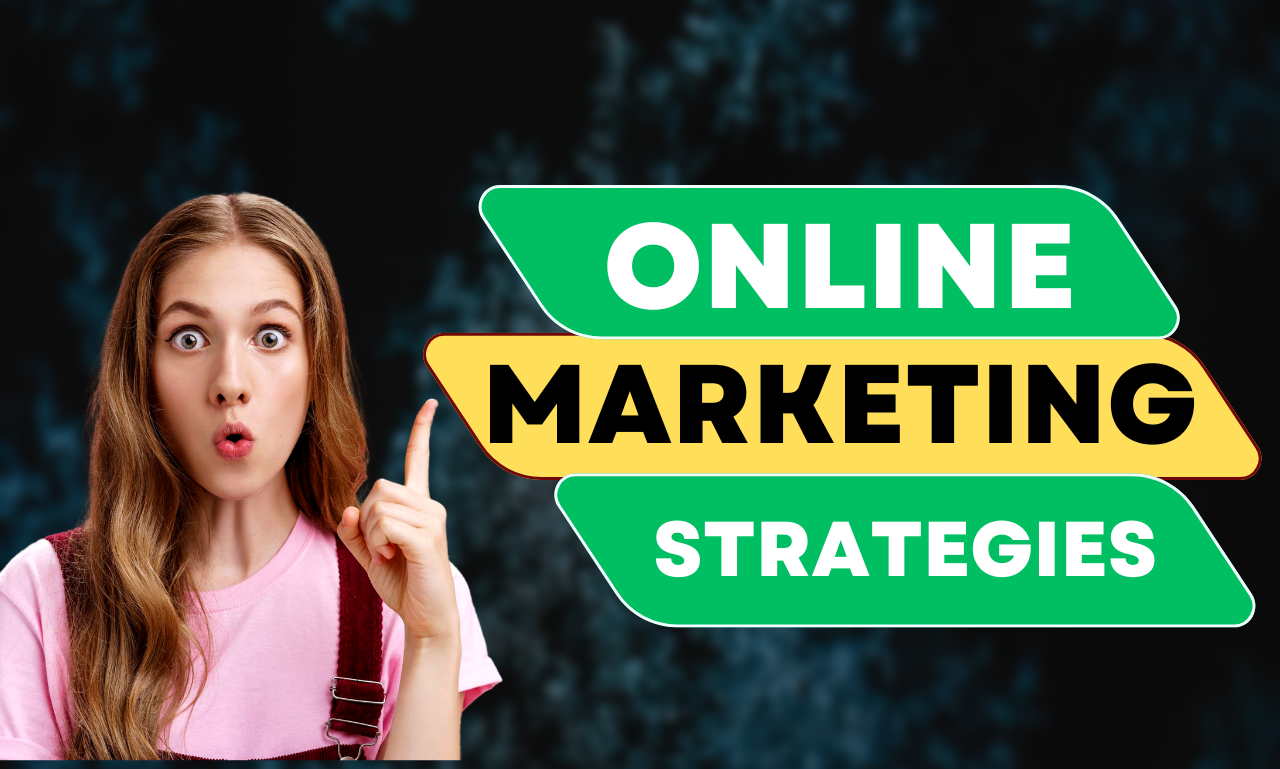Content marketing is about creating and sharing valuable information to attract and engage people. Imagine you’re searching for information online about caring for your new puppy. You find a helpful blog post on a pet store’s website that answers all your questions. That blog post is an example of content marketing. This blog will explain what content marketing is, why it’s important, and how it works.
Definition of Content Marketing
Content marketing is a strategic approach focused on creating and distributing valuable, relevant, and consistent content to attract and retain a clearly defined audience—and, ultimately, to drive profitable customer action. This content can be anything from blog posts and videos to social media posts and infographics. The goal is to provide information that helps people solve problems or learn something new, which makes them trust and like your brand.

Importance of Content Marketing
Why is content marketing so important for businesses? Here are some key benefits:
- Increased Brand Awareness: When you regularly share helpful content, more people learn about your brand. For instance, if you consistently publish blog posts that answer common questions in your industry, people will start to see your brand as a trusted resource.
- Higher Engagement Rates: Good content keeps people interested and engaged with your brand. Engaging content encourages likes, shares, comments, and other interactions that deepen the relationship between your audience and your brand.
- Improved Search Engine Rankings: Quality content can help your website appear higher in search engine results. Search engines like Google prioritize websites that regularly update their content with useful information, which can lead to higher visibility for your brand.
- Enhanced Customer Loyalty: When people find your content helpful, they are more likely to become loyal customers. Providing valuable information for free builds trust and shows that you care about helping your customers, not just selling to them.
For example, a company that blogs regularly gets 55% more website visitors compared to those that don’t. One case study showed how a small business increased its sales by 20% after starting a content marketing campaign.
Types of Content Marketing
Content marketing comes in many forms. Here are some popular types:
- Blog Posts: Regularly writing blog posts can drive traffic to your website and keep readers engaged. Blog posts allow you to dive deep into topics that interest your audience and showcase your expertise.
- Videos: Videos are great for explaining things quickly and keeping viewers interested. They can be tutorials, product demos, interviews, or even entertaining content that aligns with your brand message.
- Infographics: These visual representations of information can make complex topics easier to understand. Infographics are highly shareable and can drive traffic to your site when shared on social media or other websites.
- Social Media Posts: Sharing content on social media helps you reach a larger audience. Social media platforms like Facebook, Twitter, LinkedIn, and Instagram allow you to engage with your audience in real time.
- Ebooks and Whitepapers: Long-form content like this can establish your brand as an authority in your field. They are great for capturing leads as you can offer them in exchange for contact information.
Key Components of a Content Marketing Strategy
To be successful in content marketing, you need a solid strategy. Here’s what it should include:
- Setting Goals: Clearly define what you want to achieve with your content. Your goals might include increasing website traffic, generating leads, improving customer retention, or enhancing brand awareness.
- Understanding Your Audience: Know who you are creating content for by researching their needs and preferences. Create buyer personas to represent different segments of your audience and tailor your content to their interests and challenges.
- Content Creation: Focus on creating high-quality, valuable content that addresses your audience’s needs. Develop a content calendar to plan and organize your content production and ensure consistency.
- Distribution Channels: Decide where you will share your content, such as on social media, via email, or on your website. Different types of content perform better on different channels, so tailor your distribution strategy accordingly.
- Performance Measurement: Use tools like Google Analytics to track how well your content is performing. Monitor metrics such as page views, engagement rates, conversion rates, and return on investment (ROI) to gauge the effectiveness of your content marketing efforts.
Best Practices for Effective Content Marketing
Here are some tips for making your content marketing efforts successful:
- Consistency is Key: Post content regularly to keep your audience engaged. Consistent posting helps build and maintain a relationship with your audience.
- Quality Over Quantity: Focus on creating high-quality content rather than just a lot of it. High-quality content is more likely to be shared, linked to, and ranked highly by search engines.
- SEO Optimization: Make sure your content is optimized for search engines to increase visibility. Use relevant keywords, create compelling meta descriptions, and ensure your content is easily readable and mobile-friendly.
- Engagement and Interaction: Encourage your audience to interact with your content by asking questions and responding to comments. Engagement helps build a community around your brand and provides valuable feedback.
- Adapting and Evolving: Stay updated with the latest trends and adjust your strategy as needed. The digital landscape is constantly changing, so be prepared to adapt your approach to meet new challenges and opportunities.
Common Mistakes to Avoid
Avoid these common mistakes in content marketing:
- Lack of a Clear Strategy: Not having a plan can lead to inconsistent and ineffective content. A clear strategy helps you stay focused and aligned with your goals.
- Ignoring SEO: Neglecting search engine optimization can make it hard for people to find your content. SEO is essential for increasing the visibility and reach of your content.
- Inconsistent Posting: Irregular updates can cause you to lose your audience’s interest. Consistency is crucial for maintaining engagement and building a loyal following.
- Over-promotion: Focus on providing value rather than just promoting your products or services. Overly promotional content can turn off your audience and reduce the effectiveness of your content marketing efforts.
Content marketing is a powerful tool for businesses to attract and engage customers. By creating and sharing valuable content, you can build trust with your audience, improve your search engine rankings, and increase customer loyalty. Remember to set clear goals, understand your audience, create high-quality content, and measure your performance.
Related Reading: 9 Email Marketing Hacks to Skyrocket Your Open Rates!



